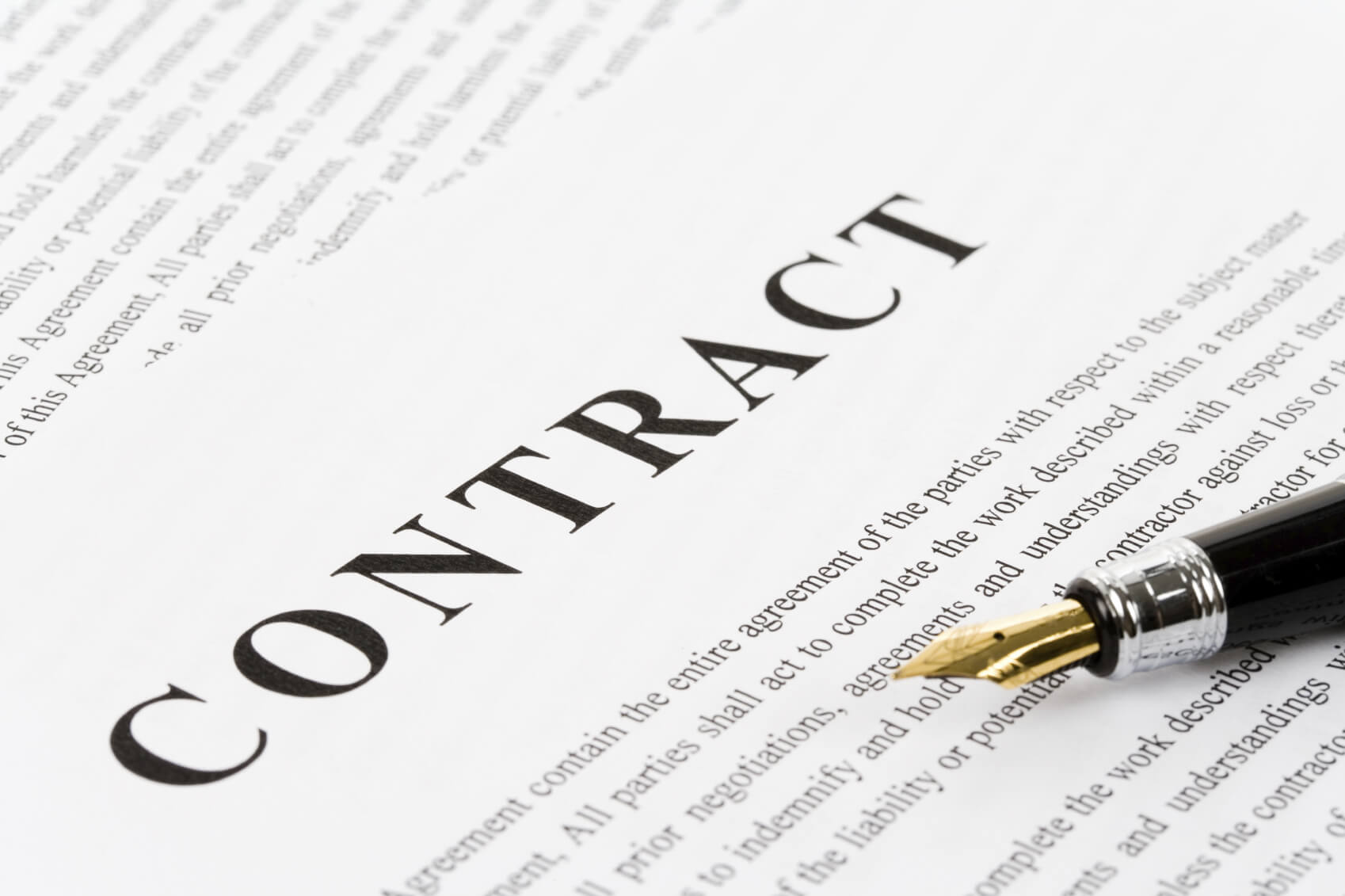What is a Liquidated Damages Clause?
When reviewing or drafting contracts the little known liquidated damages clause comes up often in negotiations and internal discussions. Many times even experienced business persons are not completely familiar with the purpose and function of a proper liquidated damages clause. To better understand what a liquidated damages clause function is, let’s explore how typically contract damages are determined.
When a breach of contract case is brought before a court and after the breach is proved, the court must determine what damage the breach has caused the non-breaching party. To determine this amount it will look at evidence presented by the parties. Generally, evidence of actual damages will be required. Things like invoices, deposits, check stubs, etc. would be evidence of actual monetary damages due to breach of contract. Sometimes, these actual damages are nominal compared to the benefit of the contract to the non-breaching party. This happens when there are future lose of sales or harm resulting from disclosing trade secrets. There is a much more work involved in proving these indirect damages including quantifying the damages to a dollar amount, expert witnesses, and ultimately convincing a court that there are indirect damages and what that damage award should be.
Here is where liquidated damages steps in. To eliminate the need for the lengthy process of the court determining damages, the parties can use a liquidated damages clause to determine beforehand what the best estimate of the damages would be at the time they sign the contract. A liquidated damages clause allows for the parties to have some predictability to the cost of a breach and a form of insurance against a breach. Additionally, the non-breaching party avoids the timely and sometimes costly process of proving damages due to breach.
There are two major hurdles that a liquidated damages clause must meet before a court will enforce it in any dispute: that the damages are difficult to estimate and that the amount is reasonable and not a penalty. The first hurdle can be surpassed when the damages due to a breach are difficult to determine. Lost sales can sometimes meet this burden but damages due to breach of trade secrets or confidentiality will be more likely to meet this requirement. The court will examine how uncertain or difficult damages were to quantify at the time the contract was entered into.
The second major hurdle is the reasonableness of the amount and that it is not framed as a penalty. The amount of the liquidated damages should be proportional to the estimate of actual damages the non-breaching party would likely face. If the amount is grossly disproportional, courts are much more likely to find the clause is a penalty an not enforceable. This requirement is harder for an inexperienced contract drafter to adequately meet without knowledge of the industry and type of contract. It is highly recommended that any contract is drafted and reviewed by a qualified business attorney.
To have your contract drafted or reviewed by an experienced, qualified attorney – Call Reidel Law Firm today at +1(832)510-3292 or use the email button below.







